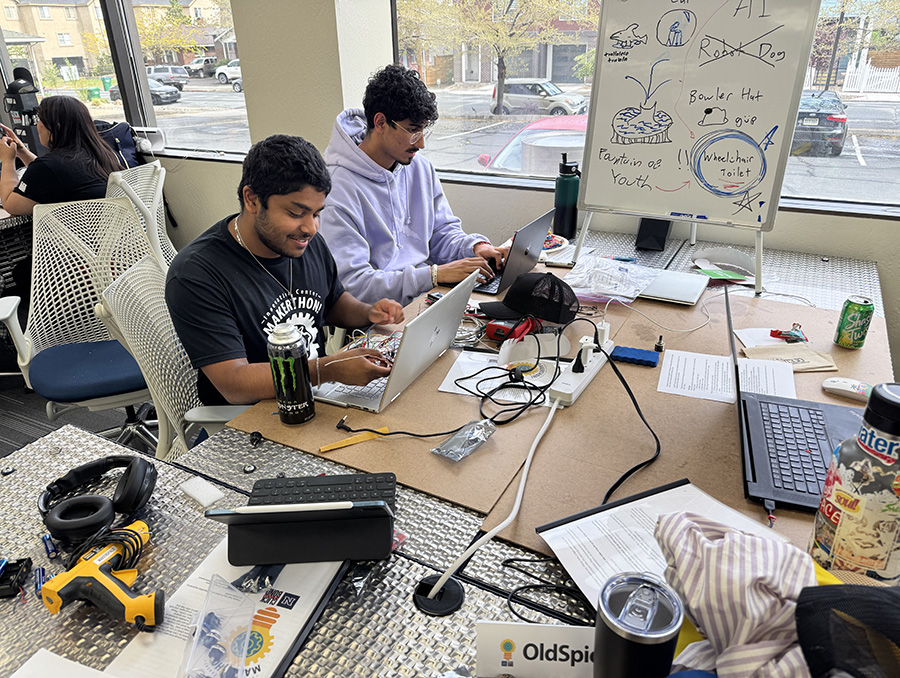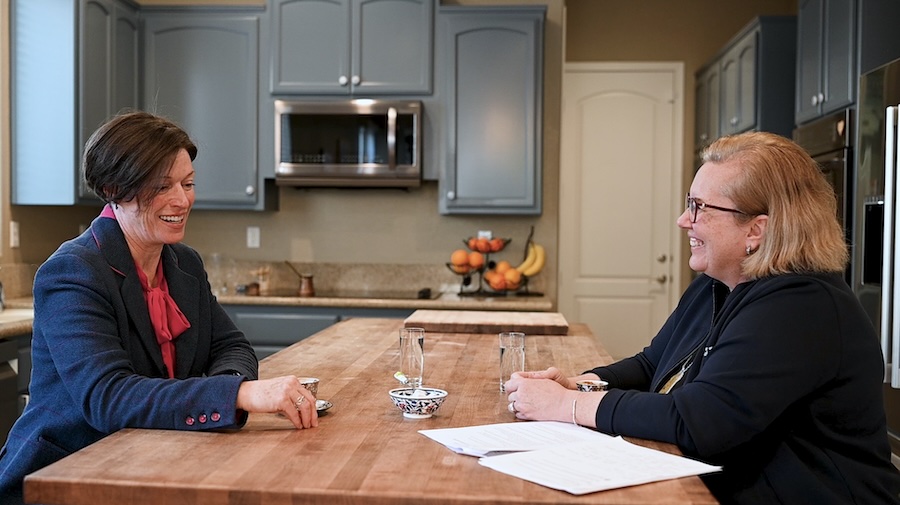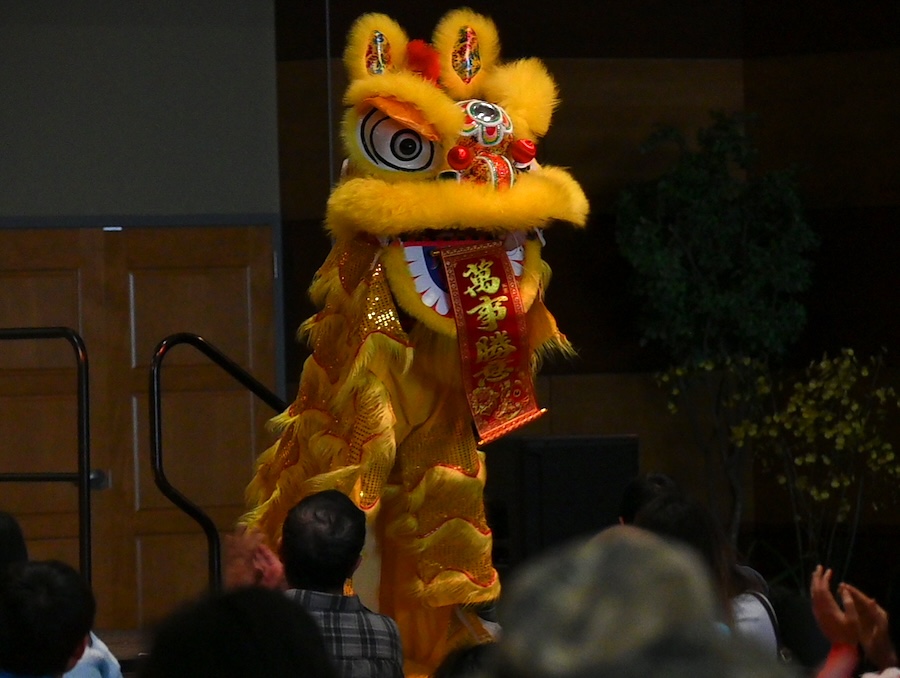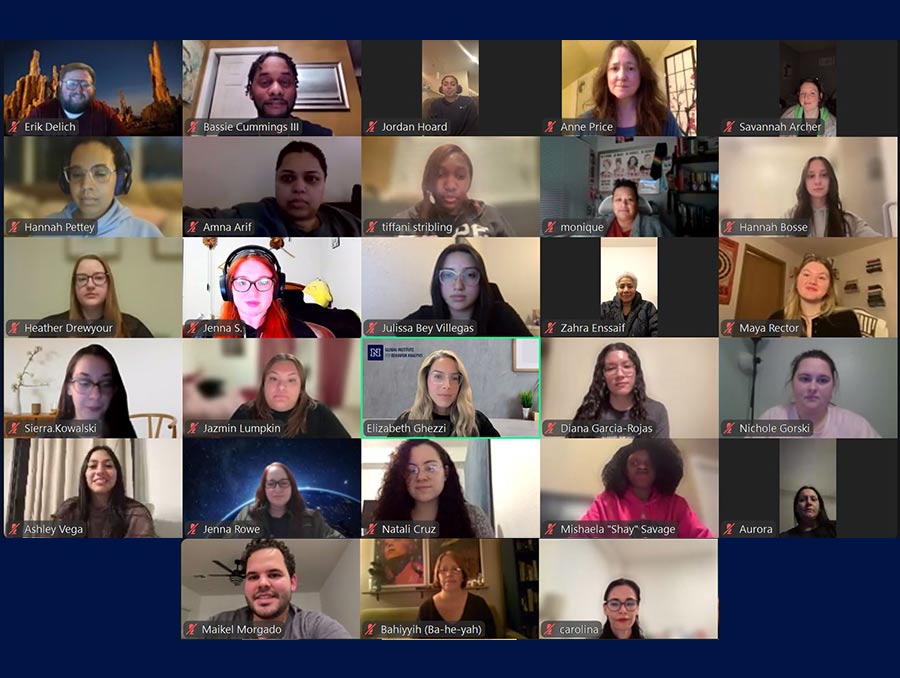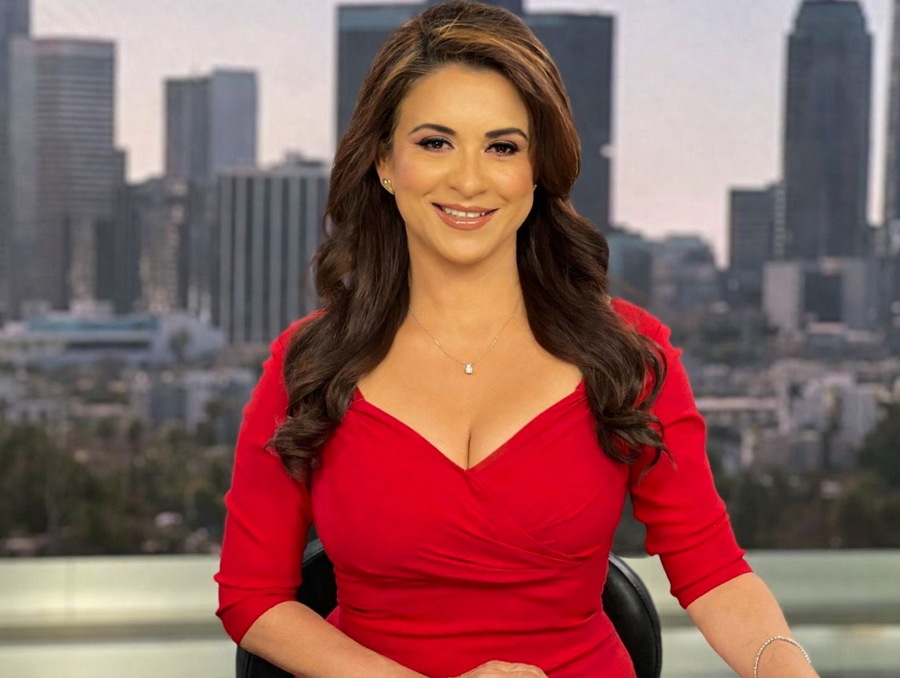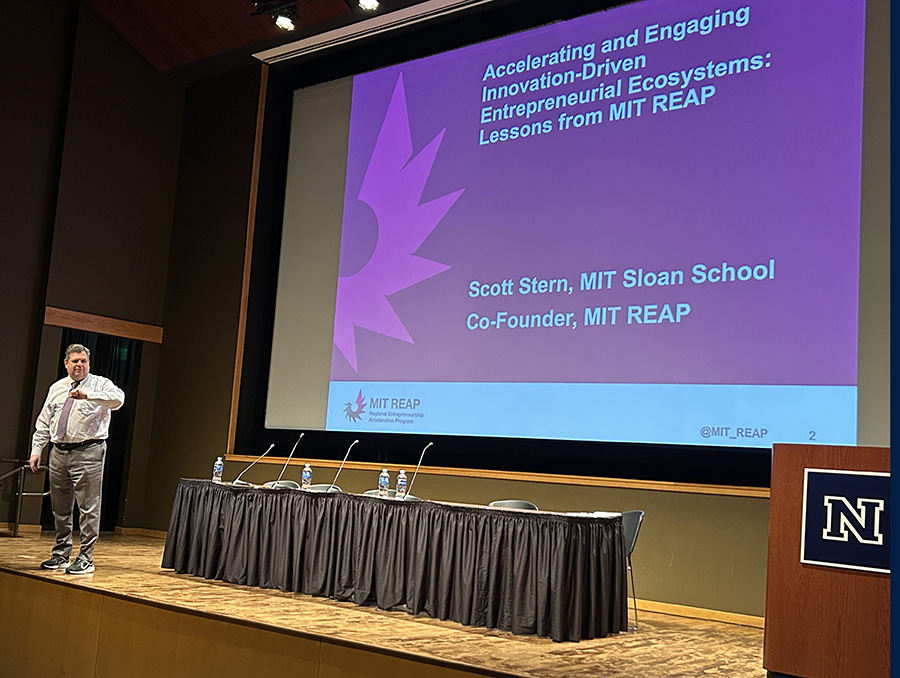For rodeo competitors it’s not a question of if you’ll get hurt, but rather a question of when and how badly. There’s no doubt rodeo is dangerous, but cowboys and cowgirls simply accept injuries as part of their sport.
Luckily, competitors of the 2008 Reno Rodeo have a crack team of medical professionals to see to their injuries if they get hurt during competition. Physicians and second-year students from the University of Nevada School of Medicine have joined with Justin Sports Medicine, REMSA and Reno Rodeo Association medical volunteers to provide assistance to competing cowboys and cowgirls as well as fans sitting in the grandstands or attending the adjoining carnival.
Trainers from Justin Sports Medicine provide the bulk of services for competitors while REMSA provides emergency transport for both competitors and fans. School of Medicine physicians and students along with medical volunteers from the Reno Rodeo Association provide medical assistance wherever help is needed.
“This is an educational opportunity for our students to learn how to interact with emergency medical teams and what is potentially involved with medical help in a large crowd setting,” said Daniel Spogen, M.D., chair of the School of Medicine’s family and community medicine department in Reno.
The Reno Rodeo medical team embodies a wide variety of medical expertise and backgrounds—from physical therapists and sports trainers to physicians and emergency medical technicians. The team also treats a wide variety of injuries ranging from competitors’ sprained ankles and broken fingers to broken jaws and torn skin. Injuries in the grandstands and carnival range from heat exhaustion and cardiac arrest to broken bones.
In addition to Spogen, Brad Lee, M.D., an adjunct clinical professor of internal medicine at the School of Medicine, and Carol Scott, M.D., assistant director of the University Student Health Center, also provide medical assistance at the rodeo as well as work with student volunteers.
“We treat them and recommend they rest and not participate but most if not all of them refuse and continue to participate,” said Scott. “When you treat competitors at the rodeo, you’re treating their injuries but also helping them prepare to go back into the arena. They are some of the most physically and mentally tough athletes we treat.”




